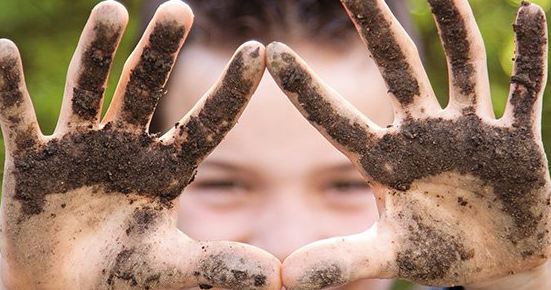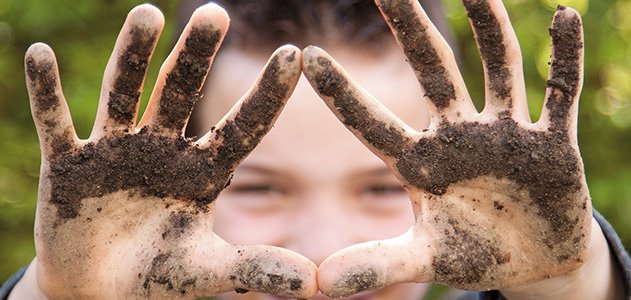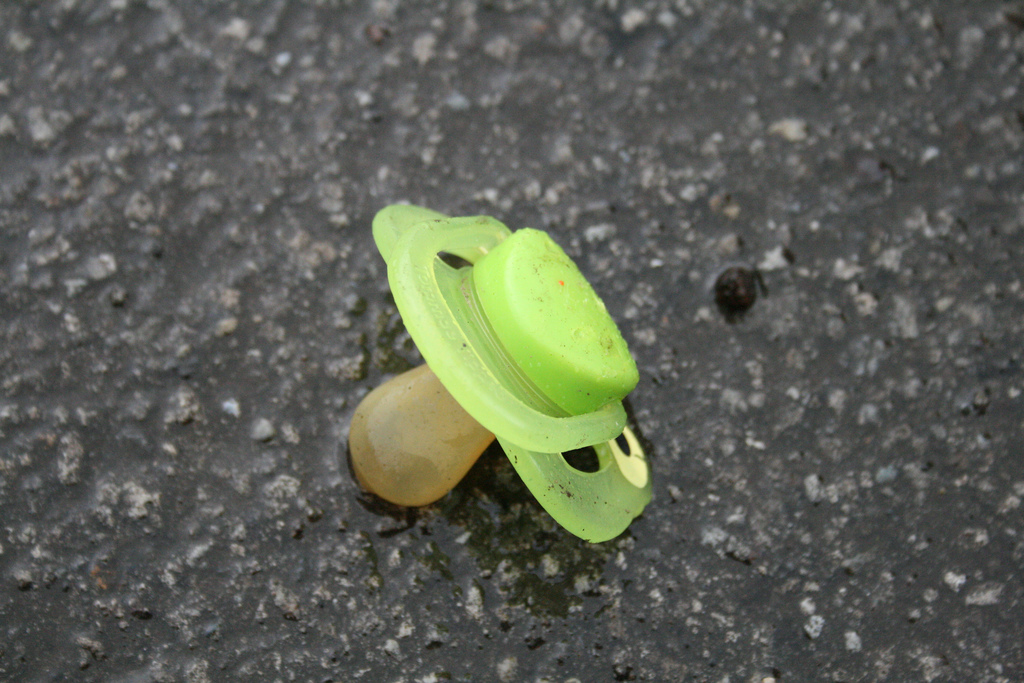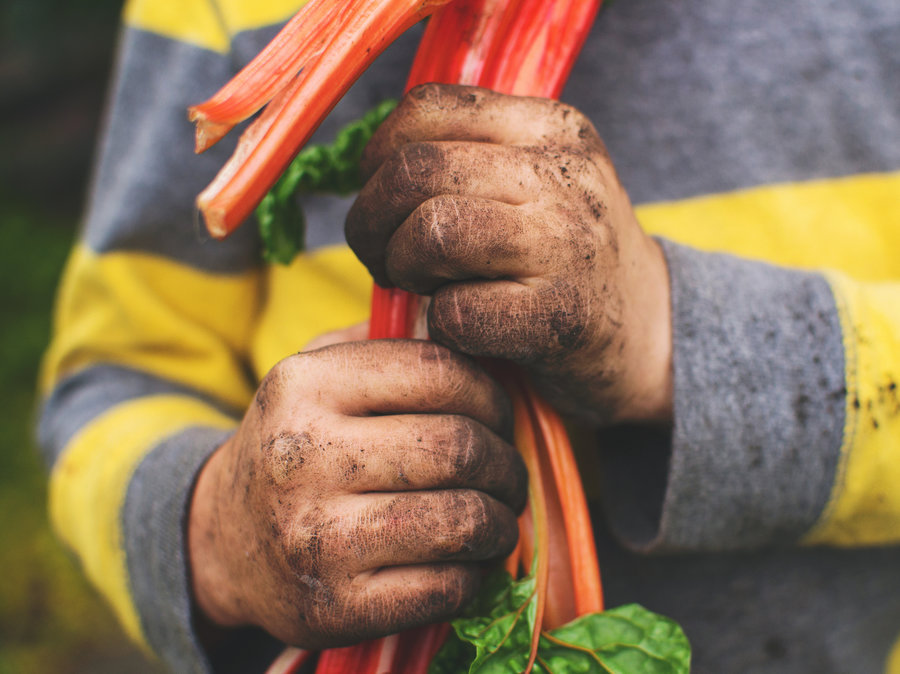Do you remember sterilizing countless bottles, toys, pacifiers and washer your kids hands every time they touched something in public? As it turns out all the cleaning could be wreaking havoc on your child's immune system, according to a University of Chicago scientist.
By cleaning and sterilizing everything your child comes into contact with, can unintentionally cause future allergies, asthma and eczema argues researcher Jack Gilbert.
Gilbert studies microbial ecosystems at the University of Chicago is and the co-author of a new book called Dirt is Good: The Advantage of Germs for Your Child's Developing Immune System.
By sheltering little ones from beneficial bacteria in the environment it can cause our immune systems to become hyper-sensitized, Gilbert said in an interview.
"You have these little soldier cells in your body called neutrophils, and when they spend too long going around looking for something to do, they become grumpy and proinflammatory," Gilbert explained. "When they finally see something that's foreign, like a piece of pollen, they become explosively inflammatory. They go crazy. That's what triggers asthma and eczema and often times, food allergies."
Find out on the next page what you should do instead to protect your children from getting sick.
In a 2013 study published in Pediatrics, it showed the parents who cleaned dropped pacifiers by popping them in their own mouth instead of sanitizing them, were less likely to have kids with allergies later in life. It is suspected that the harmless bacteria from moms' saliva stimulated their child's immune system to building up their defenses.
Gilbert is also giving validity to the 5-second-rule indicating that while microbes will latch onto fallen food in milliseconds, it's virtually impossible for any dangerous pathogens to hitch a ride, as well. He even goes as far to say that dirt from the backyard and a lick from the family dog isn't as dangerous as most parents thing. Exposure to such bacteria could even help kids' health in the long run.
While the American Academy of Pediatrics agree that antibacterial products like hand sanitize may kill off normal bacteria, it can also increase the chances that resistant bacteria may grow. Always practicing good hygiene like washing your hands is the best way to avoid illness.
"Hand washing may be the single most important act you and your child have for disease prevention," the AAP says. "The best solution is to wash your child's hands with warm water and ordinary soap that does not contain antibacterial substances."
Parents are encouraged to have kids wash their hands before eating, after using the bathroom and whenever someone at home is sick. They can worry a little less about sterilizing the entire playroom to avoid their little ones from catching germs.
Sources: NPR / Good Houskeeping




